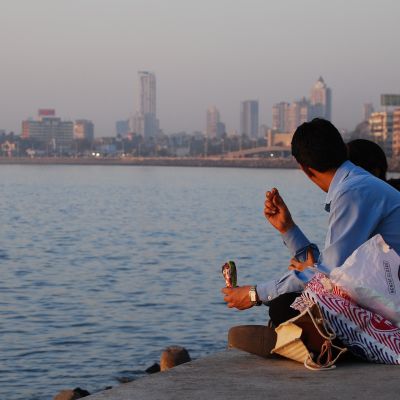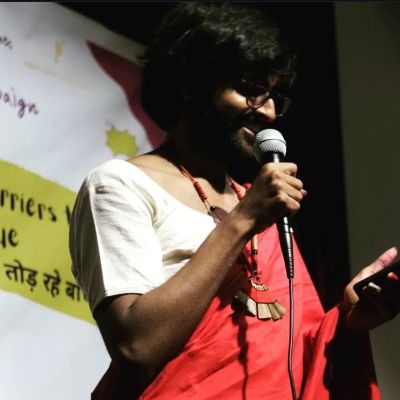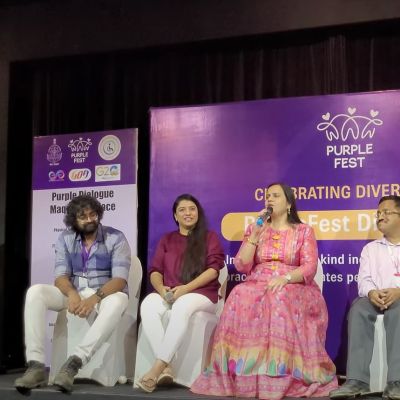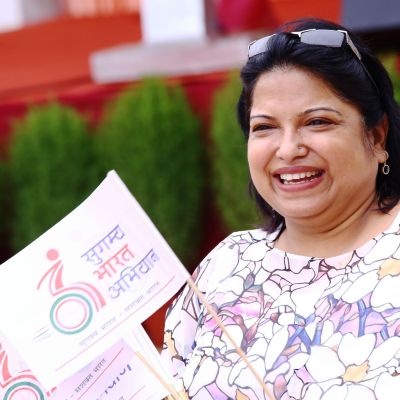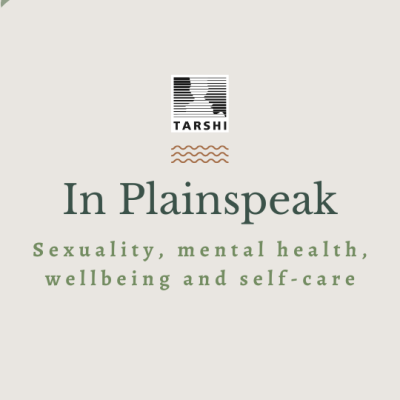privilege
शहरी स्थानों को पुनः प्राप्त करने के लिए, सार्वजनिक स्थानों पर प्यार और रोमांस की पुलिसिंग या निगरानी के कई पहलुओं को देखना महत्वपूर्ण है
“City-living gave me talons and claws, but now I want to put those away. I want something else. I want softness. I want grass under my feet. I want the fist in my stomach to slowly unclench. I want the garden of my childhood to get lost in play while letting sunlit hours pass over to rosy dusk.”
Marriage also feels complicated when one approaches it through the lens of feminism. Marriage throws in two people and often their families into a system designed to perpetuate patriarchy, subjugate women, and bind men and women (in heteronormative marriage) into strict roles in the marriage.
Safe spaces in the way that they often circulate are depoliticised and the assumption is that there won’t be any conflicts, but there can be no safe space without an exchange of ideas, which will create some bad feelings leading to conflict.
Queering, as a theoretical and practical approach, has emerged as a powerful means of challenging and dismantling established politics, power…
But self-care is not a clean and happy procedure, it is not definitively achievable when systematically explored. To understand the scope of self-care we need to see the ‘dark side’ of the landscape, and destroy the versions of self-care that denounce our plurality. In this fight, the only outcome can be a recognition of experiences beyond the wellness narrative structured around the neoliberal agenda. This article is an attempt at foregrounding some aspects of self-care that decentralise the prevalent commodification of it.
The linkages between access, health, violence, the law, workplaces, gender and sexuality are really high and that’s why we all today—whether we are working on street accessibility, education, disability and employment—need to bring and build our collective understanding around gender and sexuality, keeping it at the core of our work with people, youth, and women with disabilities.
Self-care is influenced by the environment we inhabit, the way we relate to others, the way we negotiate with other living beings or structures. Self-care is also interlinked with other types of care – whether that is in community resources, psychosocial support, engagement with medical and health care institutions, and of course in collective agency and solidarity.
“City-living gave me talons and claws, but now I want to put those away. I want something else. I want softness. I want grass under my feet. I want the fist in my stomach to slowly unclench. I want the garden of my childhood to get lost in play while letting sunlit hours pass over to rosy dusk.”
Self-care is influenced by the environment we inhabit, the way we relate to others, the way we negotiate with other living beings or structures. Self-care is also interlinked with other types of care – whether that is in community resources, psychosocial support, engagement with medical and health care institutions, and of course in collective agency and solidarity.
Connection, to my mind, is one of those profoundly entrenched concepts manifesting itself throughout our lives. It is difficult to let go of.
“It is no measure of health to be well adjusted to a profoundly sick society.” — J. Krishnamurti Sexuality for…
I went to a girls’ high school and for somebody who had spent the last ten years in a co-ed…
The intricate connections between sexuality, mental health, wellbeing, and self-care have been some of the core themes that In Plainspeak…
I’ve essentially thought of movement as a kind of freedom, but one that has the capacity to destabilise you in some way. My most creative moments are when I’m not moving, when I am in fact rooted and still.

